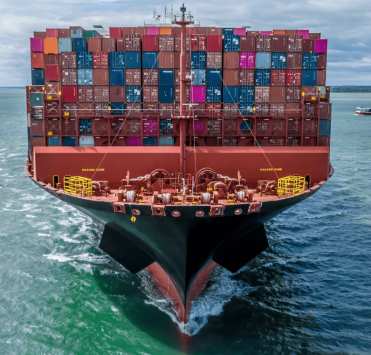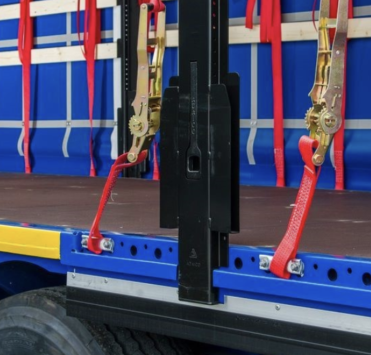Ukraine and Montenegro agree transport visa-free regime

In addition to freight transport, the Ministry's team is working on the development of regular and irregular bus services between the states.
The Ministry of Development of Communities, Territories and Infrastructure of Ukraine and the Ministry of Transport and Maritime Affairs of Montenegro have agreed on free access for all freight traffic between the countries from 1 June 2024. This information was reported by the press service of the Ministry of Community Development, Territories and Infrastructure.
During the negotiations, the possibility of unimpeded passenger traffic by Ukrainian companies was also considered. The parties agreed that if the Montenegrin carrier refuses to fulfil the route, the Ukrainian company will have the right to serve this route independently.
In addition to freight transport, the ministry's team is working on the development of regular and irregular bus services between the countries. Also, during the talks, the issue of the possibility for Ukrainian companies to carry out passenger transportations without parity was raised, the ministry said.
The European Commission (EC) has extended road transport agreements with Ukraine. According to the EC, the proposed amendments will contribute to a more efficient implementation of the agreement while preserving its basic principles and scope.
It is worth noting that the original agreement was concluded in June 2022 and extended until the end of June 2024. This agreement grants Ukrainian and European carriers bilateral rights to transport on each other's territories. As traditional transport routes in the region are interrupted or closed due to military events, the extension of this agreement until at least the end of 2025 will help ensure stable supply chains.
While the scope of the agreement will remain unchanged, the European Commission proposes an update to facilitate its implementation and fulfilment by Member States. In particular, the proposal provides:
- Mandatory availability of documents confirming the transport operator's authorisation for international transport and compliance with the terms of the agreement.
- Mandatory availability of specific documents confirming that the non-cargo operation is related to a transit or bilateral operation as stipulated in the agreement.
- Strengthening compliance by road freight transport operators with obligations related to the prevention of fraud or forgery of driver documents and road safety violations that could lead to the withdrawal of licences.
- Addition of a new safeguard clause: if serious irregularities are detected in the national road freight transport market in a certain geographical area that can be linked to the agreement, the agreement can be temporarily suspended in that geographical area.
The proposals are currently being considered in the European Council, which is to give the European Commission a mandate to start negotiations with Ukraine and Moldova. After receiving such a mandate, the EC will formally start engaging with these countries to reach a mutually acceptable agreement.






